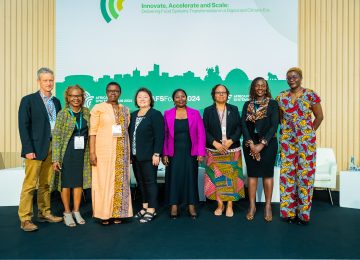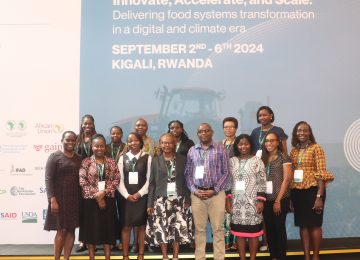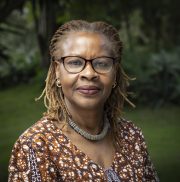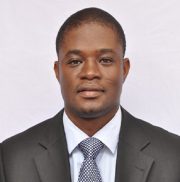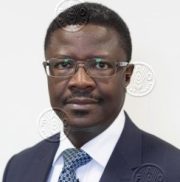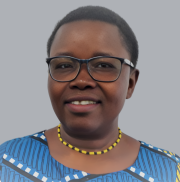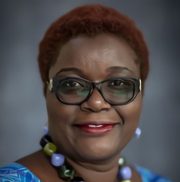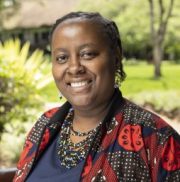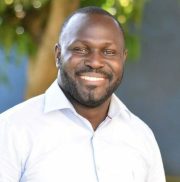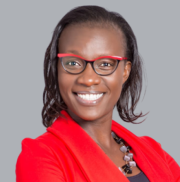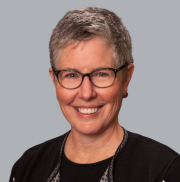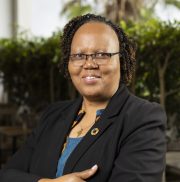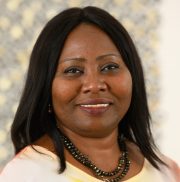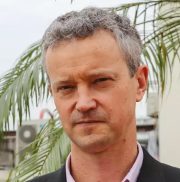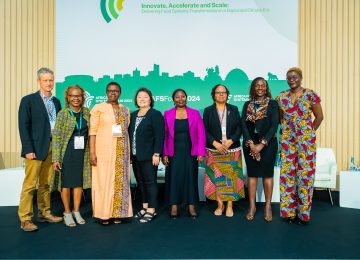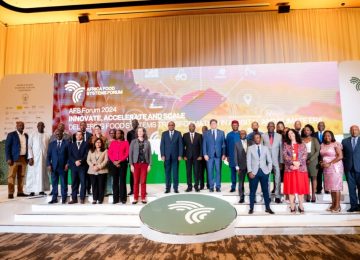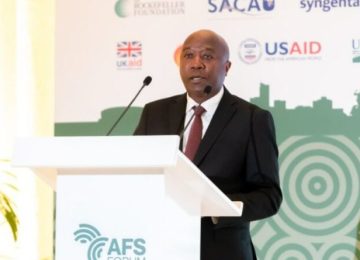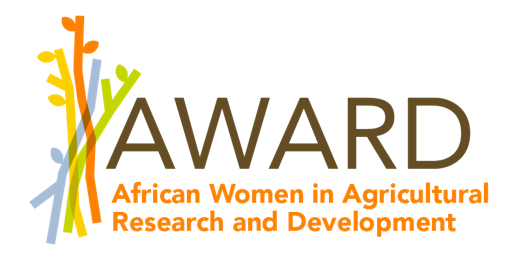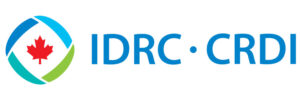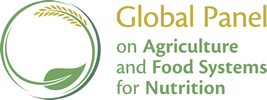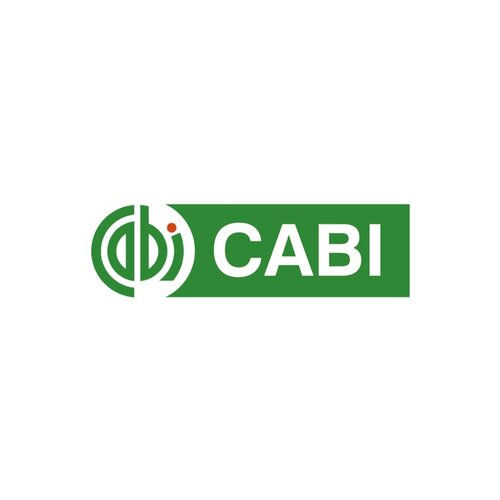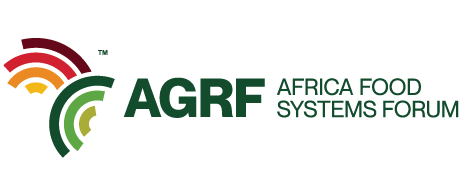AWARD at the 2024 Africa Food Systems Summit

Africa Food Systems Forum (AFS Forum) is the world’s premier African agriculture and food systems forum. It brings together stakeholders to take practical action and share lessons that will advance African food systems.
The 2024 AFS Forum was anchored on the theme, “Innovate, Accelerate, and Scale: Delivering Food Systems Transformation in a Digital and Climate Era.” The theme spotlighted the urgency of leveraging the creative potential of Africa’s youth and women to accelerate economic development.
Together with our partners, we elevated the conversations on agrifood systems transformation, bringing to bear the critical role of gender-responsive solutions in accelerating equitable food systems.
Dr. Susan Kaaria is the Director of African Women in Agricultural Research and Development (AWARD). She has over 20 years of experience in international development, working with various organizations promoting gender equality and women empowerment in agriculture. Before joining AWARD, Dr. Kaaria was the Team Leader for Gender at the Food and Agriculture Organization of the United Nations in Rome, Italy. She was also a Program Officer at the Ford Foundation Office for Eastern Africa, managing a diverse portfolio of grants to expand livelihood opportunities for poor households in Eastern Africa.
Amos Laar, a professor of Public Health Nutrition, has received academic training in Nutrition, Public Health, and Bioethics. In his independent scholarship, he draws on theoretical, conceptual, and methodological perspectives from the social sciences, bioethics, and public health to understand how the physical environment, social environment, and structural forces affect health. His research focuses on two distinct yet related areas of public health – bioethics (ethics & public health; food ethics, & nutrition rights) and public health nutrition (food systems, food environments, and their nexus with nutrition-related non-communicable diseases).
Dr. Patrick Kormawa has over 15 years of leadership and management experience in International Agricultural Research and the United Nations Systems. He has led multidisciplinary teams to formulate strategies and frameworks, implemented large-scale multi-country and regional programs, and facilitated high-level policy dialogues to promote agriculture, agribusiness, and sustainable industrialization as a pathway out of poverty.
Nana Amoah is a Director of Gender, Youth, and Inclusiveness at AGRA, based in Kenya. She has extensive experience in international development, agriculture, and partnerships. She has demonstrated success in designing and implementing impactful programs, conducting market research, and providing strategic advice to regional organizations and SMEs. Nana is adept at analyzing economic and political factors to develop innovative strategies for improving access to essential services, promoting sustainable development, and fostering meaningful youth and private sector engagement.
Dr. Edidah Ampaire is a Senior Program Specialist at the International Development Research Centre (IDRC). She is enthusiastic about research for development work around gender equality and inclusive policy and translating knowledge to influence policy change and benefit vulnerable end-users, especially women and girls. Before joining IDRC, Dr. Edidah worked at the CGIAR, researching gender in agricultural policy, climate change adaptation, and farmer-based organizations. Dr. Edidah holds a PhD in Rural Development from the University of Pretoria, South Africa, an MSc. in Agricultural Extension Education, and a BSc. in Agriculture from Makerere University, Uganda.
Jemimah Njuki is the Chief of Economic Empowerment at UN Women and previously the International Food Policy Research Institute’s (IFPRI) Director for Africa. Before that, she was a Senior Program Officer at Cultivate Africa’s Future (CultiAF) International Development Research Centre Regional Office for Sub-Saharan Africa. Prior to joining IDRC, she led the multi-country program on Women and Agriculture at CARE USA, the Poverty, Gender and Impact Program at the International Livestock Research Institute and served in several capacities at the International Centre for Tropical Agriculture.
Dr. Monica Kansiime is the Deputy Director, Development and Outreach, Africa at CABI. She is one of the Global Team Leaders for CABI’s Plantwise Plus program, where she leads workstreams that focus on increasing the supply of safer food through enterprises driven by women and youth to meet the growing demand by consumers in rural, urban, and peri-urban markets. Before this, she was the Coordinator of the Community Action theme under the Action on Invasives program, working with partners in Africa to empower smallholders in the target countries to prevent, detect, and control invasive species to reduce crop losses.
Deogratius leads the conceptualization and implementation of CABI’s youth engagement strategy in the region, which is aligned with the organization’s medium-term strategy. This includes providing youth with skills in technical and non-technical areas such as leadership, entrepreneurship, and workforce readiness, together with mentorship to increase their employability and economic well-being. He provides technical support and advice on youth inclusion in project development, implementation, and reporting across CABI’s diverse programs, strengthening staff capacity to implement youth engagement and economic empowerment actions.
Ms. Dorine Odongo is a strategic communications leader and a development strategist with 15 years of experience working at the interface of science-policy-practice in agricultural research and development. She heads Communications at African Women in Agricultural Research and Development (AWARD), where she coordinates various work streams to design and deliver successful partnerships and interventions to ensure consistent communication and engagement that amplifies AWARD’s profile and visibility.
Kathryn Toure started her career in New York City in refugee resettlement before working for the Centre for International and Comparative Studies at the University of Iowa. She moved to West Africa, where she worked with Africa Online, the Educational Research Network for West and Central Africa, and eventually as director of IDRC’s West and Central Africa regional office. She is the author, co-author, and co-editor of several books and papers. She is a member of the editorial board of Langaa Research and Publishing Common Initiative Group, which publishes 50 books about African countries annually. Kathryn has a PhD in Education from the University of Montreal, with an emphasis in sociocultural studies.
Dr. Siboniso Moyo is the Deputy Director General for Research and Development – Biosciences at the International Livestock Research Institute (ILRI) and the Chairperson of the AWARD Steering Committee. Previously, she was the ILRI Director General’s representative in Ethiopia. Between 2014 and 2017, She was the Global Program Leader of ILRI’s Animal Science for Sustainable Productivity (ASSP) Program. This brought together teams working on animal feeding, animal health, and livestock systems to increase livestock productivity sustainably. Between 2006 -2014, she was ILRI’s Regional Representative in southern Africa, coordinating activities in the region. Before joining ILRI, Dr. Siboniso was the National Director for Livestock Production and Development in Zimbabwe from 2002 – 2005. She was a Mentor under the African Women in Agriculture Research and Development (AWARD) from 2008 – 2010. Dr. Siboniso is an Animal Scientist specializing in animal breeding and genetics with over 35 years of experience conducting livestock research and development in developing countries. Her fields of specialization include breed performance evaluation, smallholder livestock production systems, livestock research and management.
Tacko Ndiaye has twenty-five years of experience as a development scientist, working to empower women and girls at the home, the farm, and the workplace. She believes providing women and girls with resources, opportunities, and decision-making abilities is a smart shortcut for a bright future for all. She is a mother of two girls in a male-dominated society and hopes that the level playing field for accessing good jobs and high income will be more even for the next generation of women.
Greg Hallen leads the Food, Environment, and Health program at the International Development Research Centre (IDRC) in Canada. Greg joined IDRC in 2009 to manage the former Research for International Tobacco Control program (RITC) and, later, the Non-Communicable Disease Prevention program. Previously, Greg was the Chief Executive Officer of the National Heart Foundation in Australia’s Northern Territory. He also spent five years with the World Health Organization in Cambodia, contributing to advancing tobacco control research and policy there and with others in Southeast Asia. Greg’s public health experience has primarily been in tobacco control and public health nutrition.

